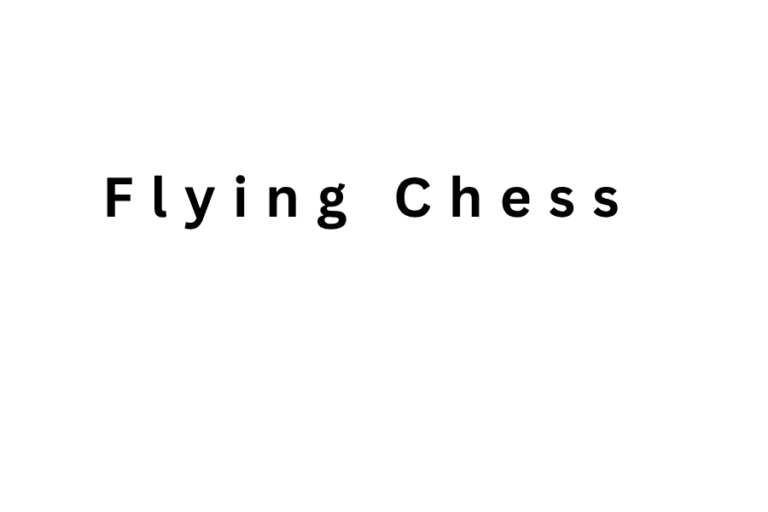Top Coding Games That Teach Programming Skills to Kids
In today’s digital world, coding has become an essential skill for the future. With technology embedded in every industry, learning how to code at a young age can give children a significant advantage. However, teaching kids programming through textbooks and lectures may not always be effective. That’s where coding games come in. These games make learning fun and interactive, turning programming concepts into engaging puzzles, quests, and challenges.
This article highlights the top coding games that teach programming skills to kids, helping them build confidence in logic, problem-solving, and computational thinking—skills necessary for success in the 21st century.
Why Coding Games Work for Kids
Coding games are effective because they combine education with play. They create a low-pressure environment where children can experiment, make mistakes, and try again. These games are often structured in levels, gradually increasing in difficulty and helping kids build skills step-by-step. They also incorporate storytelling, graphics, and sound, which keep young learners interested and motivated.
Whether your child is a complete beginner or has already started learning programming, there’s a coding game out there to match their level and interests.
Top Coding Games That Teach Programming
- Scratch
Scratch is one of the most popular and beginner-friendly platforms for kids. Developed by MIT, it uses drag-and-drop programming blocks to teach basic coding concepts such as loops, conditions, and variables. Kids can create animations, games, and interactive stories while learning logic and structure. Scratch also has a large online community where users share their creations and inspire each other.
- Tynker
Tynker offers coding courses through games, puzzles, and story-based missions. Designed for kids aged 5 and up, Tynker introduces programming using visual blocks before progressing to real languages like Python and JavaScript. It includes game development, Minecraft modding, drone programming, and even robotics integration. Its structured curriculum makes it ideal for both classroom and home use.
- CodeCombat
CodeCombat takes a more advanced approach, introducing actual coding syntax from the start. Kids play as characters in a fantasy game, completing quests by writing real code in Python or JavaScript. It’s highly engaging and best suited for older children or those ready to move beyond visual blocks. The game promotes critical thinking, syntax learning, and algorithmic design.
- Lightbot
Lightbot is a puzzle game that requires players to guide a robot through a maze using code-like instructions. It introduces the fundamentals of programming logic, including sequencing, loops, and procedures. The game is available on both web and mobile platforms and is suitable for children as young as five years old.
- Blockly Games
Created by Google, Blockly Games is a series of educational games that use visual block programming. The games teach loops, conditions, variables, and logic in a clear and structured way. It’s an excellent starting point for children with no prior programming experience. The progression is smooth, and it even offers a transition into JavaScript for more advanced learners.
- Cargo-Bot
Cargo-Bot is a unique puzzle game where kids program a robotic arm to move crates into specific positions. It teaches sequence, planning, and debugging—all essential programming skills. The clean interface and increasing challenge levels make it both fun and educational. It’s a great option for tablet users and helps develop early coding habits.
- Kodable
Designed for kids aged 4 to 10, Kodable offers a fun and colorful way to learn programming. Children help cute characters navigate mazes using logic and sequencing. Kodable gradually introduces more complex concepts like functions and object-oriented programming as the child progresses. It also includes lesson plans and activities for parents and teachers.
- RoboLogic
RoboLogic challenges kids to use logic and planning to control a robot in various scenarios. With a simple and user-friendly interface, this game reinforces coding concepts like if-else statements and loops. It’s a great choice for building strategic thinking and teaching children how code drives real actions.
- Bitsbox
Bitsbox is a subscription-based platform that sends monthly coding projects to kids. Each project includes fun games or apps that children build by typing out real code, often in JavaScript. Though it’s not a game in itself, it turns coding into a rewarding activity. Kids gain exposure to syntax and real-world programming in a guided, age-appropriate way.
- CodeMonkey
CodeMonkey is a web-based platform that teaches coding through interactive games. Players write code to guide a monkey in collecting bananas. It uses a real programming language (CoffeeScript) and progresses into more complex challenges as the player advances. CodeMonkey is ideal for children aged 8 and above and offers an engaging storyline with educational depth.
Benefits of Coding Games for Kids
- Encourages problem-solving and critical thinking
- Improves focus, patience, and resilience
- Introduces real-world technology in a fun way
- Builds foundational knowledge in computer science
- Promotes creativity through project-based learning
- Offers a personalized learning pace for each child
How Parents and Educators Can Support Coding at Home
Coding games are not just for school. Parents can encourage kids to play these games at home as part of a screen-time routine. Many of these platforms offer free versions or trial periods. Setting up a home coding corner or creating a weekly coding challenge can motivate kids to practice regularly. Teachers can also integrate coding games into the classroom as part of STEM education or computer science lessons.
The Future of Learning Is Code
As automation, artificial intelligence, and data science become more prevalent, coding will be a key literacy skill. Teaching kids programming at an early age helps them become not just consumers of technology, but creators. Coding games are one of the best ways to make that learning journey exciting and meaningful.
Conclusion
Coding games for kids in 2025 are smarter, more fun, and more effective than ever. They turn complex programming skills into simple, enjoyable tasks that help children build real-world abilities. From block-based puzzles to syntax-driven adventures, these games offer something for every age and learning style. By incorporating these top coding games into daily learning, parents and educators can ensure that kids are not only tech-savvy but future-ready.






